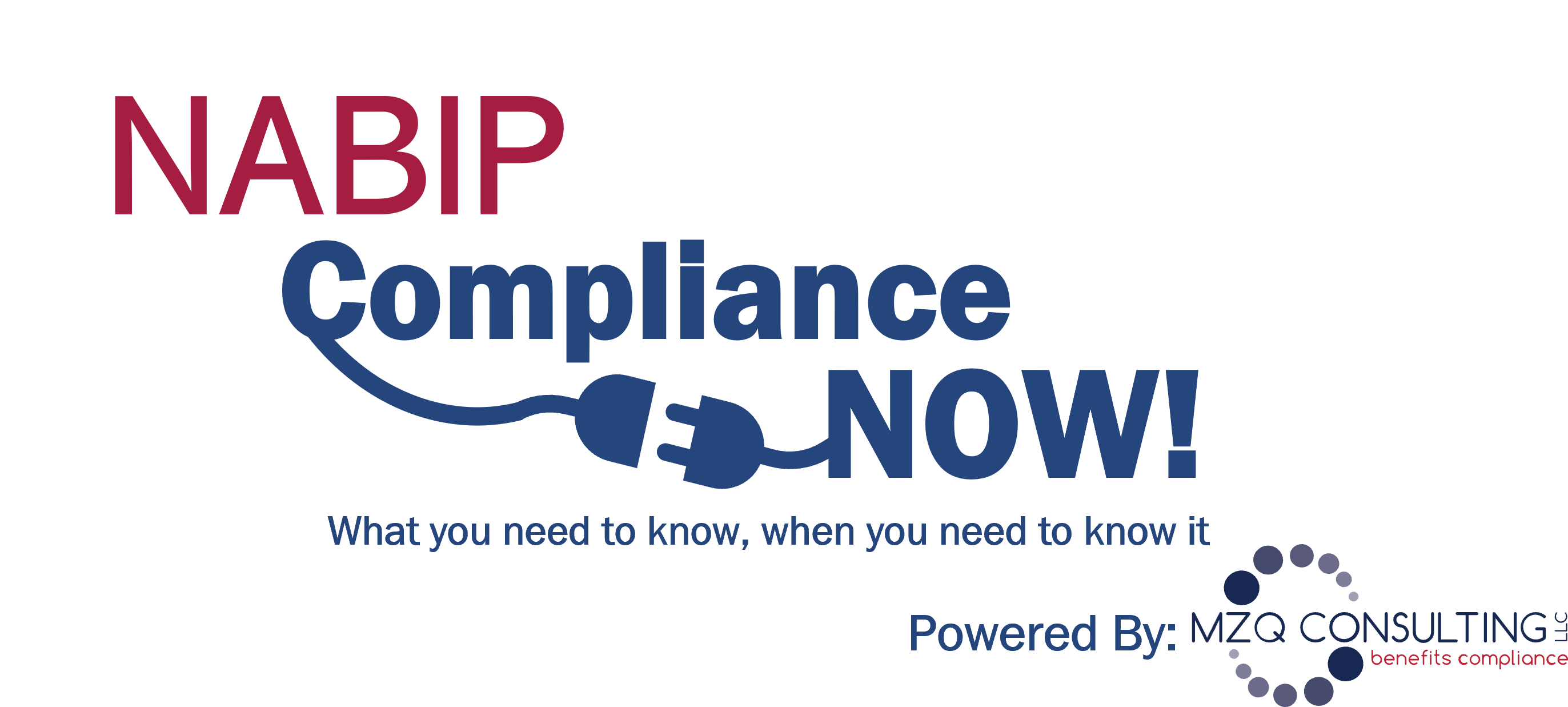By: Jennifer Berman, CEO, MZQ Consulting
On Friday, August 19, 2022, the Departments of Labor, Health and Human Services, and Treasury (the Departments) issued updated FAQs addressing the No Surprises Act and the Transparency in Coverage Rules. These FAQs directly address an issue related to the Transparency in Coverage Rules (the TiC Rules) that has been causing consternation for employers across the country—are they really required to post a link to their machine-readable files on their public websites? The new guidance allows this requirement to be shifted to insurance carriers and TPAs in all cases. This welcome news for plan sponsors is caveated, though—a detailed summary of the new relief, including the requirements to take advantage of it, is provided below.
Beginning on July 1, 2022, the TiC Rules require that non-grandfathered health plans post information on a public website regarding in-network rates and out-of-network allowed amounts and billed charges for covered items and services.[1] This information is contained in machine-readable files that are not intended to be understood by plan participants. Starting January 1, 2023, plans must also provide a tool designed to help plan participants understand their actual costs for the 500 most common items and services. This requirement expands to apply to all covered items and services on January 1, 2024.
The Link Requirement
Many employers have been concerned about the requirement to post a link to the machine-readable files on their websites, as the information: (1) does not generally relate to their core business and (2) is not currently intended to be understood by individuals who may wish to review it. Nevertheless, many compliance experts, including the team at MZQ Consulting, have advised employers that it was necessary to post such a link based on language in the regulations. The regulations state that while a plan sponsor may contract with a third party to post the required files, if a plan chooses not to host the file on its own website, “it must provide a link on its own public website to the location where the file is made publicly available.”[2] The new FAQs clarify that the Departments will interpret this requirement more liberally.
Specifically, the FAQs provide that if a plan sponsor has delegated responsibility to a third party for the machine-readable file requirement, the plan sponsor DOES NOT have to post a link to those files on the website for their business. Instead, the guidance interprets that the requirement for the plan sponsor to post a link to the files only applies if the plan sponsor maintains a public website for the health plan itself. The guidance also clarifies that plan sponsors are not required to create a public website for their health plan merely to post these links.
Delegating the Posting Requirement
The conversation around whether a plan sponsor needs to post a link to its TiC disclosure presumes that the plan sponsor has appropriately delegated responsibility for posting the machine-readable files to an insurance carrier or third-party administrator. The rules around delegating this responsibility vary slightly based on the plan’s funding status:
- Fully Insured Plans—A plan satisfies the requirement if it requires the insurer to provide the information “pursuant to a written agreement.” The rule goes on to provide that if the insurer and the plan sponsor “enter into a written agreement under which the [insurer] agrees to provide the information…” and the insurer fails to do so, the insurer, not the plan sponsor, is in violation of the TiC Rules. The guidance does not address whether a written statement from a carrier that it will handle the necessary disclosures on behalf of its groups constitutes a “written agreement” for this purpose.
- Self-Funded Plans—A plan can satisfy the requirement by entering into a written agreement with a third-party administrator to provide the required information. However, if a self-funded group enters into an agreement with a third party to provide the information, and that third party fails to meet the requirements of the TiC Rules with respect to the disclosure, the plan sponsor is deemed to have violated the TiC Rules.
Thus, self-funded plan sponsors have an affirmative obligation to monitor the disclosures provided by their TPAs to ensure compliance. Penalties for failure to comply with this rule can be up to $100 per day (adjusted annually), per violation, per affected individual.
Next Steps
Any employer that has contracted with its carrier or TPA to facilitate compliance with the TiC Rules can remove any link to the machine-readable files currently posted on that employer’s public website. The link requirement only applies when a public website is maintained for the health plan itself. All plan sponsors relying on their carrier or TPA to meet the requirements of the TiC Rules should ensure that they have a written agreement documenting this delegation of responsibility. Finally, self-funded plan sponsors should implement a process to ensure their TPAs are, in fact, meeting the requirements of the TiC Rules.
[1] This requirement also applies to covered prescription drugs, but the effective date of that component of the rule has been postponed pending additional guidance.
[2] 29 CFR 2590.715-2715A3(b)(4)(iii)
